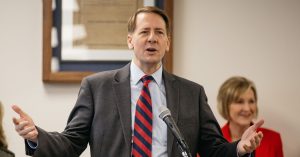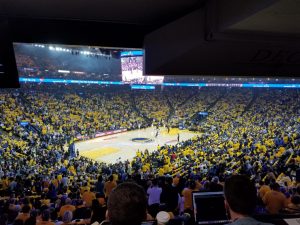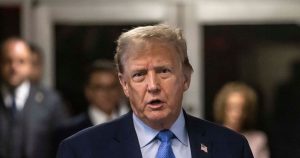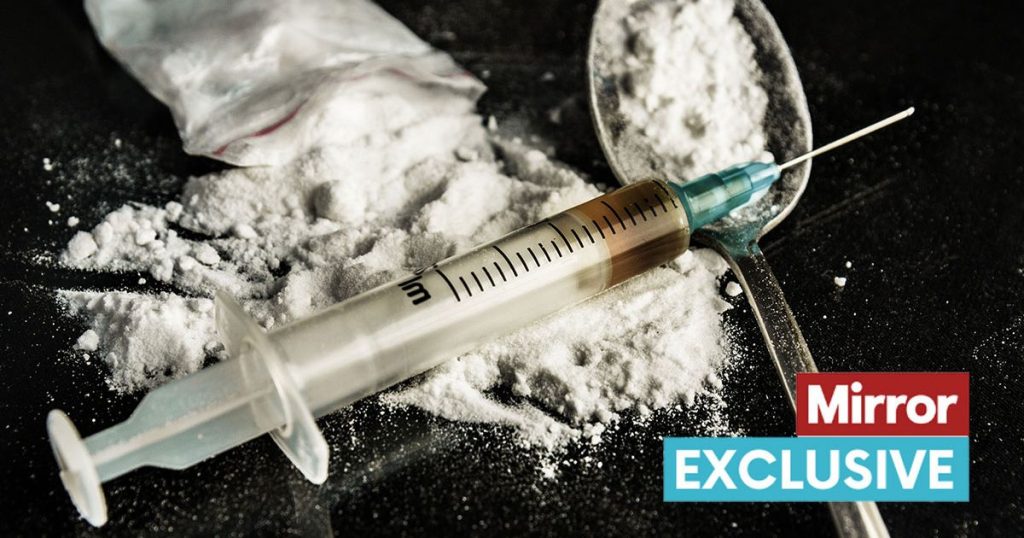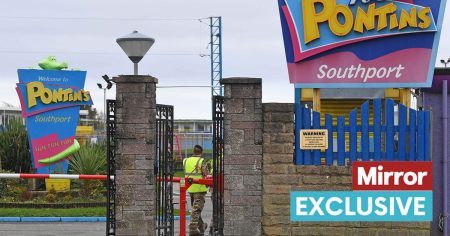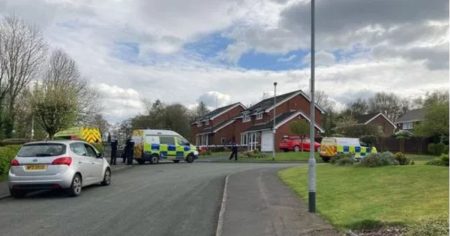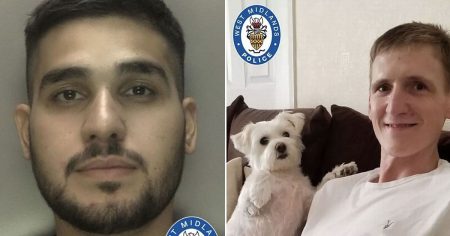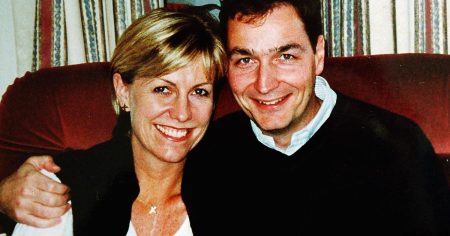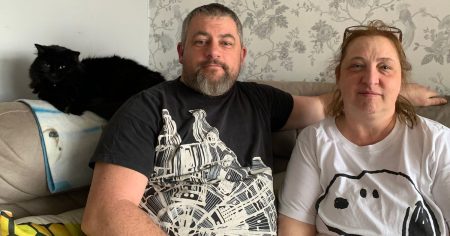Pastor Mick Fleming, a reformed drug dealer who now runs Church on the Street, has expressed concerns about the influx of a dangerous synthetic drug called nitazenes. This drug has already caused eight deaths this year alone, compared to the usual three annual opiate deaths the charity normally sees. Nitazenes are being cut with street drugs to create a more potent substance, leading to a higher risk of addiction among users. The government has classified 14 types of nitazenes as Class A drugs due to their highly addictive and dangerous nature.
Nitazenes are synthetic opioids that are significantly more potent than heroin and can cause respiratory depression similar to other opioids. They have been detected in street drugs in the UK, putting users at risk of unwittingly consuming them. The National Crime Agency reported 54 deaths in the last six months of 2023 where nitazenes were detected in post-mortem toxicology, but these deaths are often underestimated due to the lack of specific testing for the drug. Mick Fleming believes that the prevalence of nitazenes in street drugs has led to an increase in overdoses and deaths among hardcore drug users.
Mick Fleming highlights the urgency of harm reduction measures in response to the growing crisis involving nitazenes. He emphasizes the importance of making Naloxone, a medication that reverses the effects of opioid overdose, readily available to the public. Mick advocates for widespread training on Naloxone administration, including in supermarkets, chemists, and local shops. He believes that addressing drug addiction is a societal issue rooted in poverty and mental health struggles, and that providing access to Naloxone can potentially save lives by preventing fatal overdoses.
The production of nitazenes, primarily in China, poses a significant challenge in combating their spread in the UK. Mick Fleming argues that a ban on nitazenes will not be effective in curbing their use, as they are already present in various drugs. As nitazenes continue to infiltrate different types of substances, the risk of overdose and death extends beyond intentional opiate users to a wider population. Mick stresses the need for proactive measures, such as increasing Naloxone availability and training, to mitigate the impact of nitazenes on public health.
The grave consequences of nitazene exposure are evident in the rising number of deaths among drug users in the UK. Despite efforts to classify nitazenes as Class A drugs and track their presence in street drugs, the true scale of the crisis remains uncertain. Mick Fleming’s experiences at Church on the Street underscore the urgency of addressing the nitazene epidemic and implementing harm reduction strategies to prevent further tragedies in the community. The complexities of drug addiction, poverty, and mental health intersect in the struggle against nitazenes, highlighting the need for a holistic approach to combating substance misuse and saving lives.



